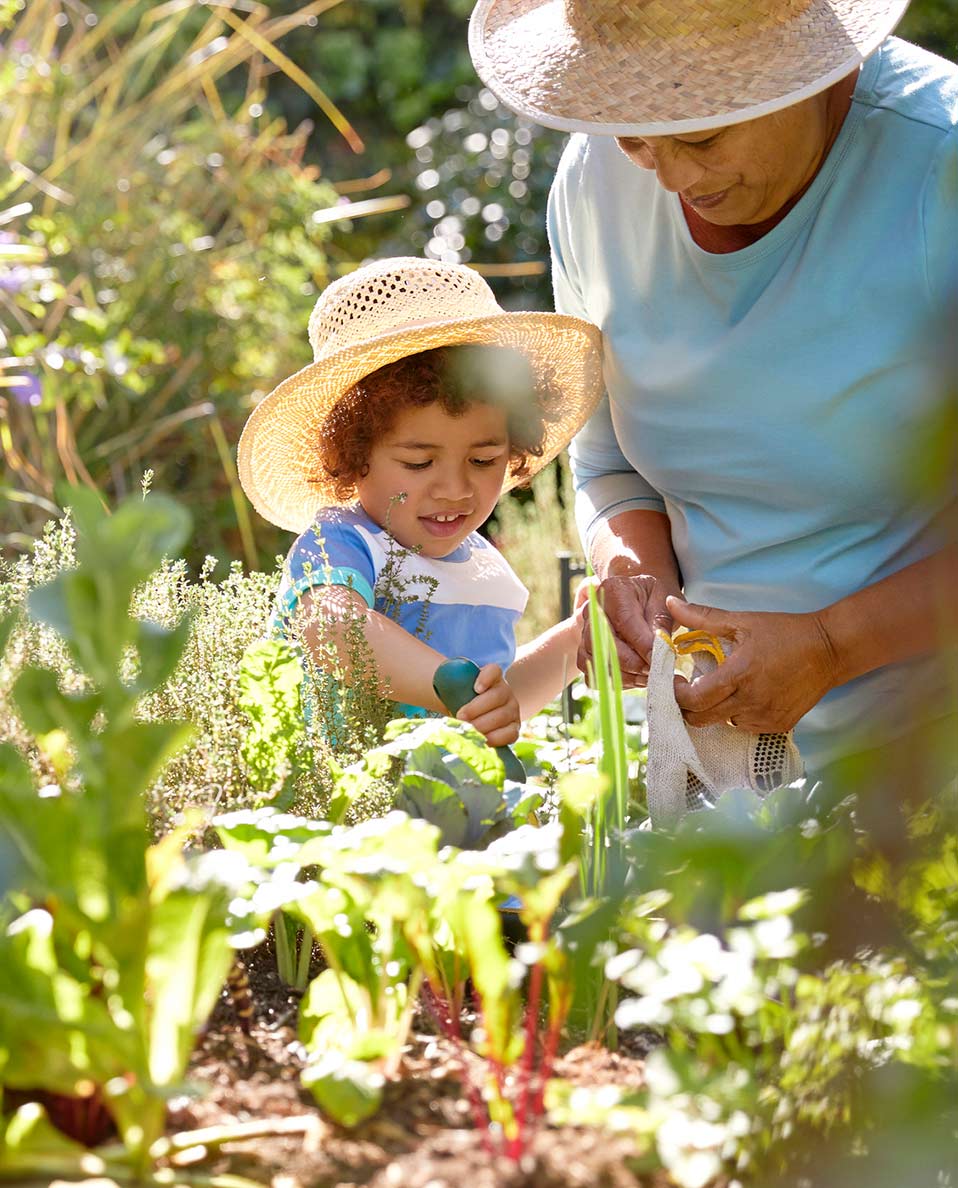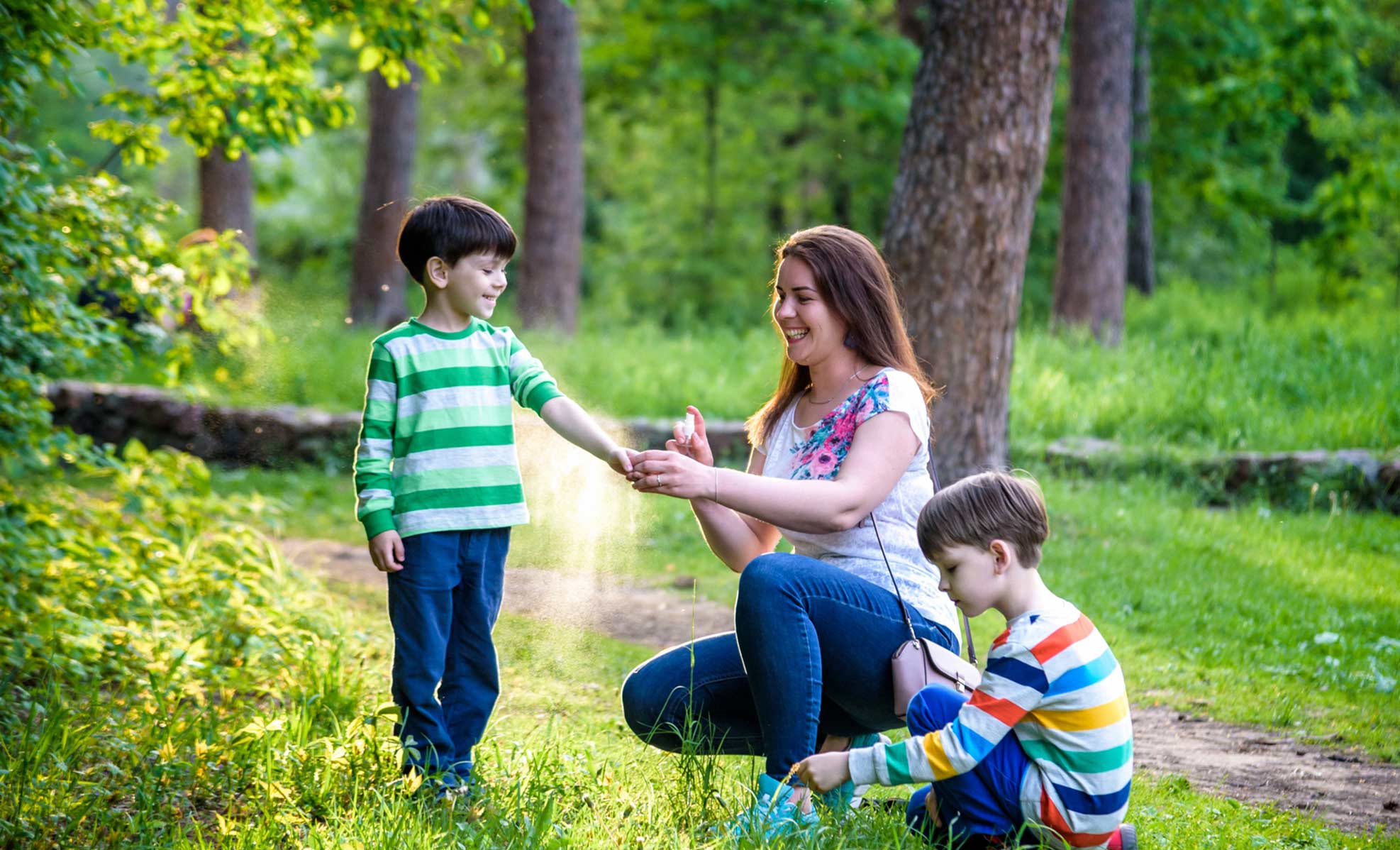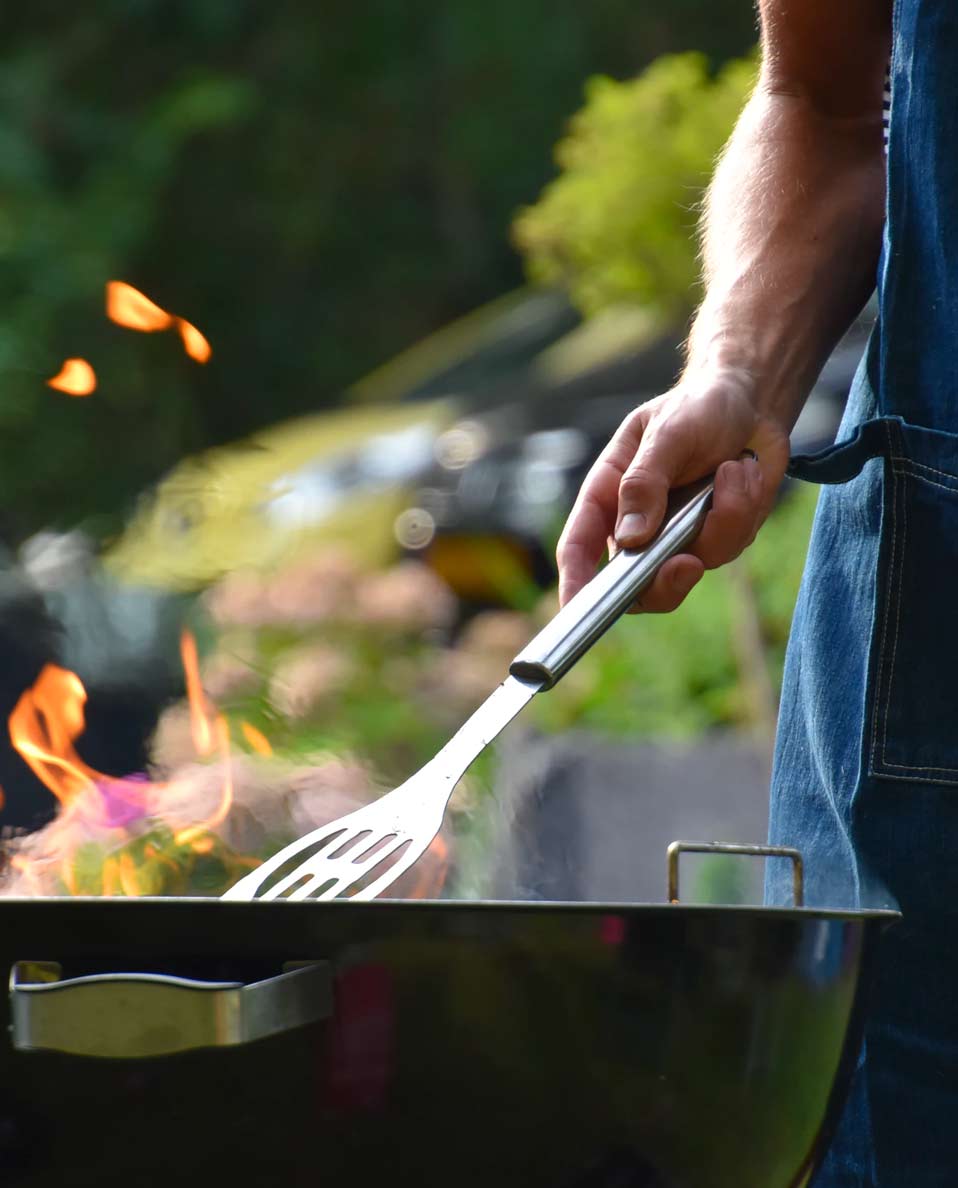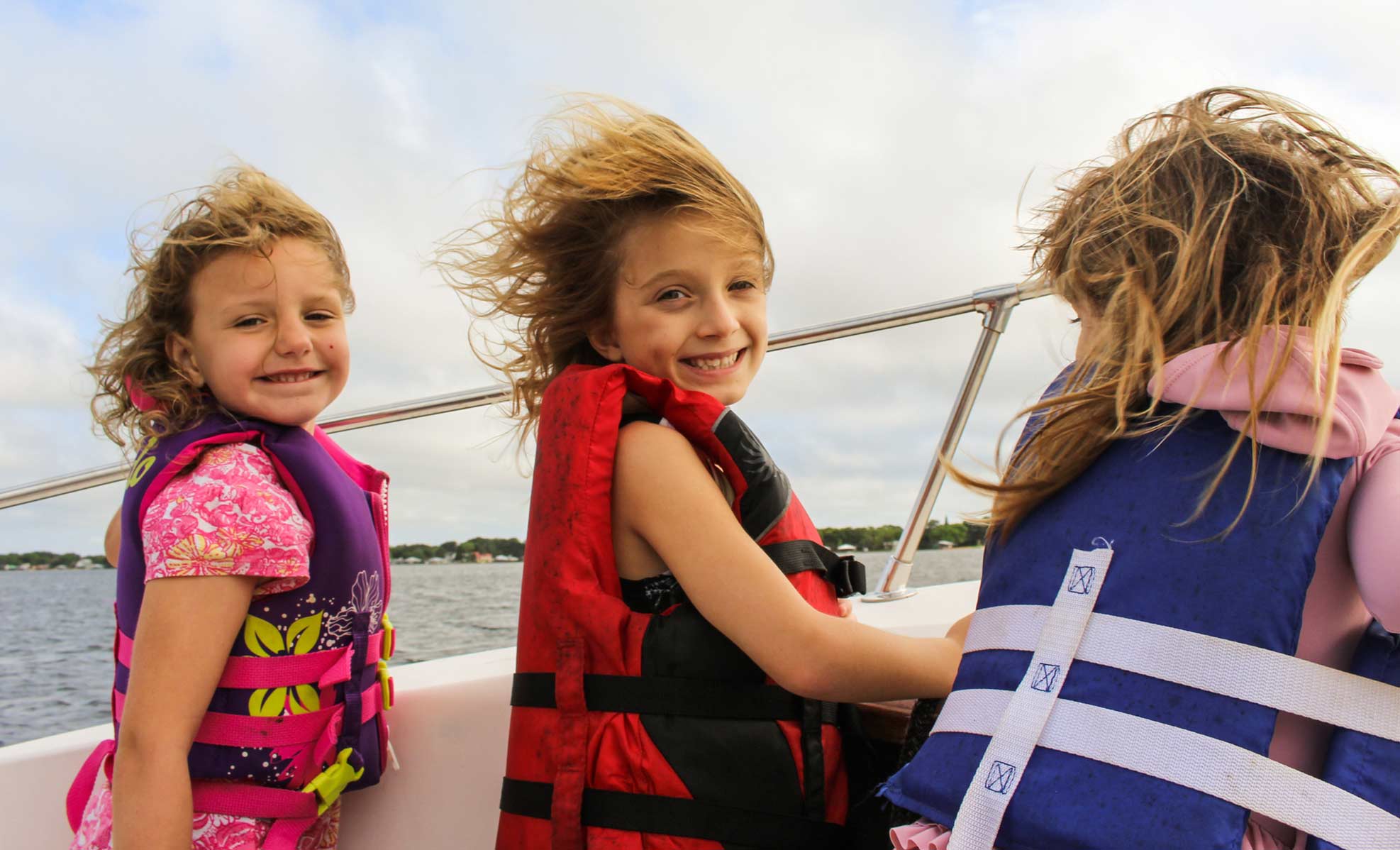With a wild school year finally over, summer means outdoor activities and fun! Whether it’s roasting marshmallows on the campfire or hitting the water for a day of swimming, there are lots of good memories to be made if we remember a few ways to stay safe.
From heat stroke to severe sunburns, or a bug bite that can lead to illness, no one wants outdoor fun to lead to discomfort or misery. These key steps can help your family avoid summer suffering.
Beat the Sun and Heat
Being outdoors lifts our spirits and gives our bodies a healthy, natural dose of Vitamin D. But, too much sun can cause severe sunburns or even heat stroke, which is a life-threatening medical emergency. Consider limiting outdoor activities between peak hours of 11am – 4pm.
When your family is outside, use a high-level SPF sunscreen (between 30 and 50 SPF is best for all ages) and be sure to put more at least every two hours. You can find appropriate levels of sunscreen at grocery stores, pharmacies and even some gas stations, in case you forget to pack it in your beach bag.
 Hats help avoid heat exhaustion
Hats help avoid heat exhaustionTo help avoid heat exhaustion or heat stroke, wear light-colored clothing — like white, light blue, light pink or yellow T-shirts. When your family is sitting outside, look for shady spots or bring an umbrella to create your own shade. If your family is spending time outdoors, make sure everyone is wearing a hat.
Pack lots of water, too, and drink more water than any sugary, caffeinated, or alcoholic drinks. For every bottle of soda or beer you drink, make sure you finish two bottles of water. That’s because caffeine and alcohol can lead to dehydration.
Whether it’s an hour at the playground or a day at your local pool, check for posted rules, as they could be different from spot to spot. Take a minute to read them out loud with younger kids so that everyone knows the rules. Then, keep an eye on your family members, especially in crowded areas.
If you choose to head out biking, make sure all riders are wearing fitted helmets. There were more than 1,000 biking-related fatalities in 2019, with the highest numbers occurring in the summer months.
Families that want to enjoy a walk around town or a hike through the woods should also be prepared before heading out. Know where high-traffic spots are and how to avoid walker vs. car accidents. If your family chooses hiking, dress appropriately — no flip-flops on a hike through the woods! — and pack plenty of water for everyone. Also, make sure that you have different ways to communicate when hiking or camping in case cell phones aren’t working in the wilderness. (Walkie-talkies are great for this!)
Make sure that everyone knows what poisonous plants look like and that they can identify them. If you do touch a poisonous plant, it’s best to clean the area immediately with soap and water.
Don’t Be Bugged by Bugs
They might not be big, but insects are responsible for the most animal related fatalities world-wide. The best way to avoid ticks, which in our area can carry Rocky Mountain Spotted Fever and Lyme Disease, or mosquitoes that can carry many diseases including West Nile Virus, is an insect repellant with DEET. Also, make sure to wear protective clothing on hikes and in taller grass, and check yourself for ticks after a walk.

For most of us, bee stings are just a nuisance. But for some people, bees can be deadly. If any adults or children in your house are allergic to bee stings, have an Epi-Pen on hand.
Three important tips for Epi-Pens:
- Check the expiration date
- Know how to use it before you need to use it
- Once you use it, head straight to the emergency room (ER)
Animal encounters are more common in the summer, too, ranging from dogs and farm animals to snakes and other wildlife. Always watch where you step!
Keep Burns at Bay
Summertime is perfect for heating up the grill. Annually, more than 10,000 home fires are attributed to grills and outdoor barbeques. From those fires, more than 19,000 people per year visit the ER. So, keep a fire extinguisher on hand when anyone is grilling or sitting by a fire pit.

It is also important to avoid fires and burns that come from home fireworks and sparklers. For kids, glow sticks are the perfect option for celebrations like the Fourth of July.
For severe or major burns, call 9-1-1 immediately. For minor burns, cool the area with cold water or apply a cool, wet compress until the pain starts to go away. Put lotion on to prevent drying, and don’t ever pop burn blisters.
Prepare Safe Food For Thought
When we think about grilling, we also want to think about food safety so that all of our guests at a barbeque leave happy. The biggest key is to store and serve food at the proper temperature. Outside in the summer heat, food can spoil quickly.
Anyone handling food should wash his or her hands before any cooking or serving begins. Keep meats and veggies separate prior to cooking, and then serve warm foods right away. Meat thermometers are a great way to make sure hamburgers and sausages are well-cooked.
Follow Water Rules
Whether at the pool or a lake, the risk of drowning can never be taken lightly. Drowning is the No. 1 cause of death in children ages 1-4 years old. (Read more about water safety facts for parents).
Make sure everyone in your family can swim and knows at least these five skills:
- Enter the water
- Take breathes
- Stay afloat
- Change positions in the water
- Swim a distance and then get out of the water

When using a life jacket, make sure it is Coast Guard-regulated and watch children very closely. Pay attention to water access, like easy-to-enter stairs, when kids are around a pool or lake. Know what to do in a water emergency, including contacting emergency help, safely assisting someone in the water, and knowing CPR. In case you can’t get a cell signal on the water, have another device that can call 9-1-1 in case of an emergency.
Be in the Know
The summer should be fun and full of great family adventures! But some summer incidents may require medical attention.
More severe injuries need a call to 9-1-1. As a rule of thumb: if it’s life-threatening, head to the ER. But if it’s not, it can likely be treated at an Urgent Care Center. Urgent Care facilities are well-equipped to handle sprains, strains, minor fractures, lacerations, non-severe allergic reactions, insect or pet bites, rashes, and other minor unintended consequences of fun in the sun. For a more information on HMG Urgent Care centers and locations, visit our Urgent Care page.

